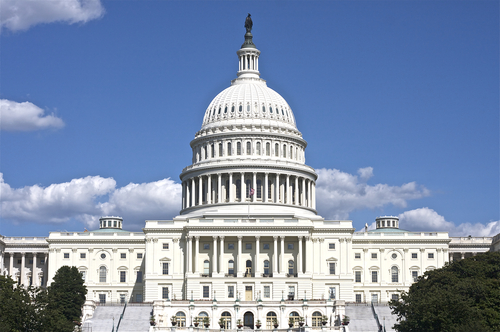Listen To Story Above
President-elect Trump is considering implementing an executive order aimed at safeguarding gas-powered appliances, including stoves and heating units, from regulatory restrictions proposed by federal and local authorities seeking their elimination from residential and commercial spaces, according to two sources close to the matter.
The initiative comes amid growing tension between Republican officials, including Trump, and Democratic local governments attempting to restrict gas appliances in new construction projects due to environmental and health concerns.
Last year, the U.S. consumer regulatory body initiated a review of gas appliances and their potential connection to respiratory issues like asthma, though they emphasized that any regulatory changes would require extensive deliberation.
Trump Weighs Executive Order to Protect Gas Stoves | https://t.co/jBHbvcXQeO https://t.co/GB2j9TdoTF
— Michelle Maxwell (@MichelleMaxwell) January 7, 2025
The proposed executive order, still under development, is expected to align with Congressional initiatives limiting federal funding for state and local programs that seek to restrict gas appliances or implement regulations increasing their costs, the sources indicated.
Gas stoves, particularly valued by culinary enthusiasts for their precise heat control, have become embroiled in America’s cultural divide, alongside items like plastic straws, as liberals push for climate-conscious behavioral changes while Republicans and business groups resist such transitions.
“It speaks volumes when an order from the White House is needed to stop our own government from banning natural gas furnaces and water heaters,” Karen Harbert, president of the American Gas Association, an industry trade group, said in a statement. “Despite the illegal efforts to ban access and use of natural gas, our industry is hard at work to keep life essential energy affordable and reliable especially during the extreme cold we are experiencing right now.”
According to the U.S. Energy Information Administration’s 2020 residential survey, over 75 million American households utilize natural gas for at least one appliance, primarily for space or water heating. The data reveals an increasing trend in natural gas usage, with cooking applications rising from 39 million households in 2015 to 47 million by 2020, representing approximately 40% of American homes with gas stoves.
Recent scientific studies have expanded concerns beyond climate impact, highlighting health risks associated with gas stove emissions. Research conducted at Jaume I University found that exposure to gas stove pollutants resulted in approximately 40,000 premature deaths annually in the EU and Britain.
Trump from the “curvy couch” on Fox takes a call from a fruit cake bakery owner.
Worth noting, I have a gas stove. Nobody has taken it away. pic.twitter.com/BuaZwRN8Ri
— Outspoken™️ (@Out5p0ken) October 18, 2024
Democratic-led municipalities, including San Francisco and Berkeley, have attempted to implement restrictions on gas appliances in new construction. New York state recently enacted legislation prohibiting natural gas stoves and furnaces in most new buildings.
These initiatives have faced legal obstacles, with Berkeley’s pioneering ban being overturned by a U.S. appeals court in 2023. Conversely, over 20 Republican-controlled states have enacted legislation preventing local governments from implementing gas restrictions in buildings.
The Biden administration’s Energy Department proposed efficiency requirements for both gas and electric cooking appliances but modified their approach following criticism from Republicans and industry representatives.






